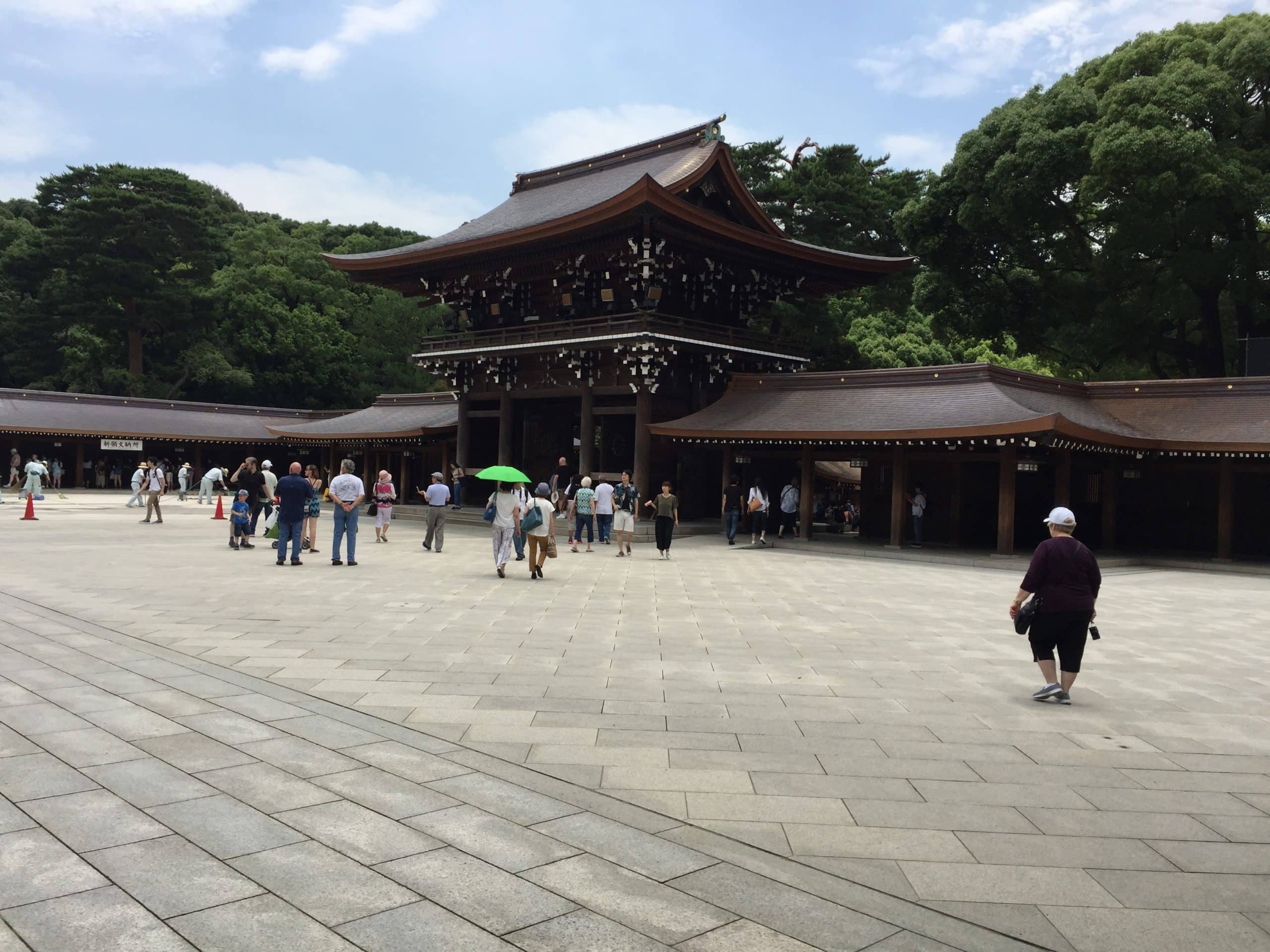
Last summer I had the privilege of traveling to China and Japan with my husband who attended an international conference. I felt compelled to share some of my impressions of the Japanese culture, as we Americans can learn much from their healthy, gentle, well-ordered customs.
Our time in Japan was limited to Tokyo, one of the most modern cities in the world. We toured the city and took the “bullet train”, traveling about 200 mph, up to Mount Fuji. We were able to view many smaller towns outside of Tokyo, taking a small boat trip and gondola ride up a mountain. The people were friendly, clean, and very polite in welcoming us Americans. I reflected back to the early 1940s and the conflict, violence, and disruption that both our countries experienced to now, nearly 80 years later, our allegiance.
During our travels, I was continually in awe of the health of this society, and its culture of rich traditions grounded in gentleness, respect, and yet mixed with futuristic technologies. The Japanese people are lean- walking or biking most everywhere (other than public transportation) and they seem to be a peaceful, well-ordered society, appreciating the rich traditions of their forefathers.
The Japanese faith has 3 religions: Shinto, Buddhism, and Christianity. We had the opportunity to visit both a Buddhist and Shinto temple. Both temples had many rooms of ornate, gold architecture and “gods” which they worship. Shinto is the indigenous and oldest faith of the Japanese, as old as Japan. This religion is deeply engrained in the Japanese culture. Religious preaching is not common though the Japanese architecture and pop culture tend to utilize Shinto philosophy for inspiration. Shinto is about kami or sacred spirits. These sacred spirits or gods take on many forms such as animals, plants, lakes, trees, and rivers. Shinto views humans as basically good kami and evil in the world as bad kami. The whole purpose of the Shinto religion is to keep evil spirits away. We took part in two “purifications”—one was a pool to drink from (or just wash ones hands) for the protection of your physical health. The other, a ritual we performed, was to protect and promote emotional health. Shintologists worship and appreciate nature with the belief that carrying symbols for good fortune and good health will provide good luck to their family and friends. The Japanese are a superstitious culture with many ornate shrines for various kami that they worship. The shrines and temples certainly projected a calm, peaceful presence that is appreciated in Japan by natives and tourists alike.
It’s no surprise to me, after observing the way Japanese eat and take care of themselves, that they not only age well, but experience profound longevity with the average age of death being 87 for females and 84 for males. The Japanese elderly are held in high esteem and highly respected into their senior years- another custom, I believe contributing to healthy aging. A popular book, “Japanese Women Don’t Get Old”, identifies the value of healthy aging in Japan and mentions eating breakfast as a contributing factor as well. Breakfasts and dinners are very similar and usually include many cooked (not fried) vegetables, grilled fish, white (not brown) rice, sushi and fruits. It was very rare to see any native in the area of Tokyo we visited that would be considered overweight or obese. It was also rare to see fast food restaurants, although the “Golden Arches” were in both China and Japan. In Tokyo, “fast food” vendors consisted of mostly small, unrefrigerated carts on the streets or in the open-air store fronts, often with meats (hip bones, etc.), vegetables, and “dumpling” stands.
Healthy aging in Japan can be directly contributed to their lifestyle. They enjoy healthy, lean, non-processed diets, daily physical activity, rituals of spirituality, and meditative habits. They maintain well-ordered lives and educate youth to value the wisdom of the elders, and focus on family life. We Americans could re-visit these habits and learn from the Japanese.
Navesta,
Terry Polanin, MSN, APN
Family Nurse Practitioner
